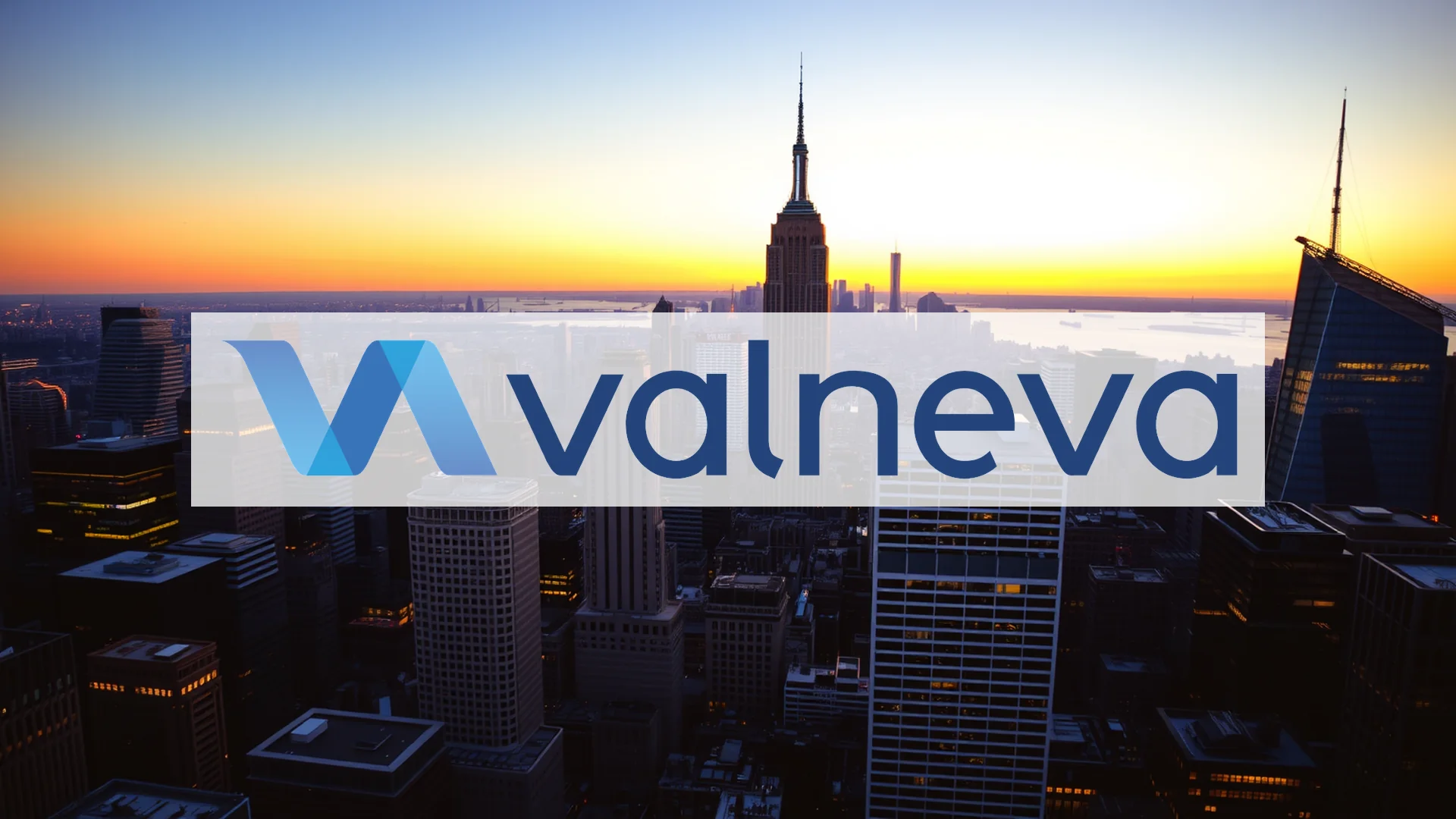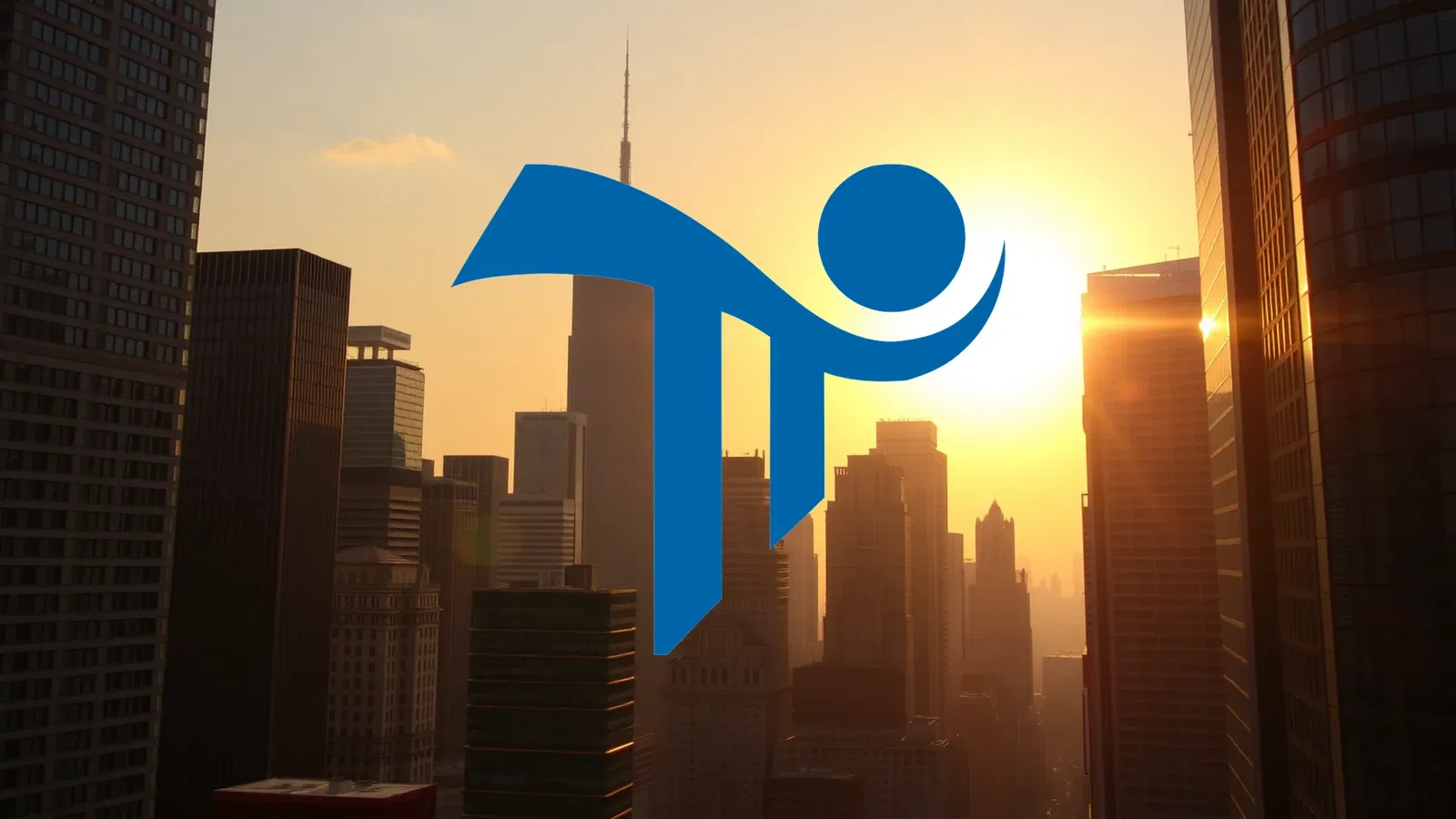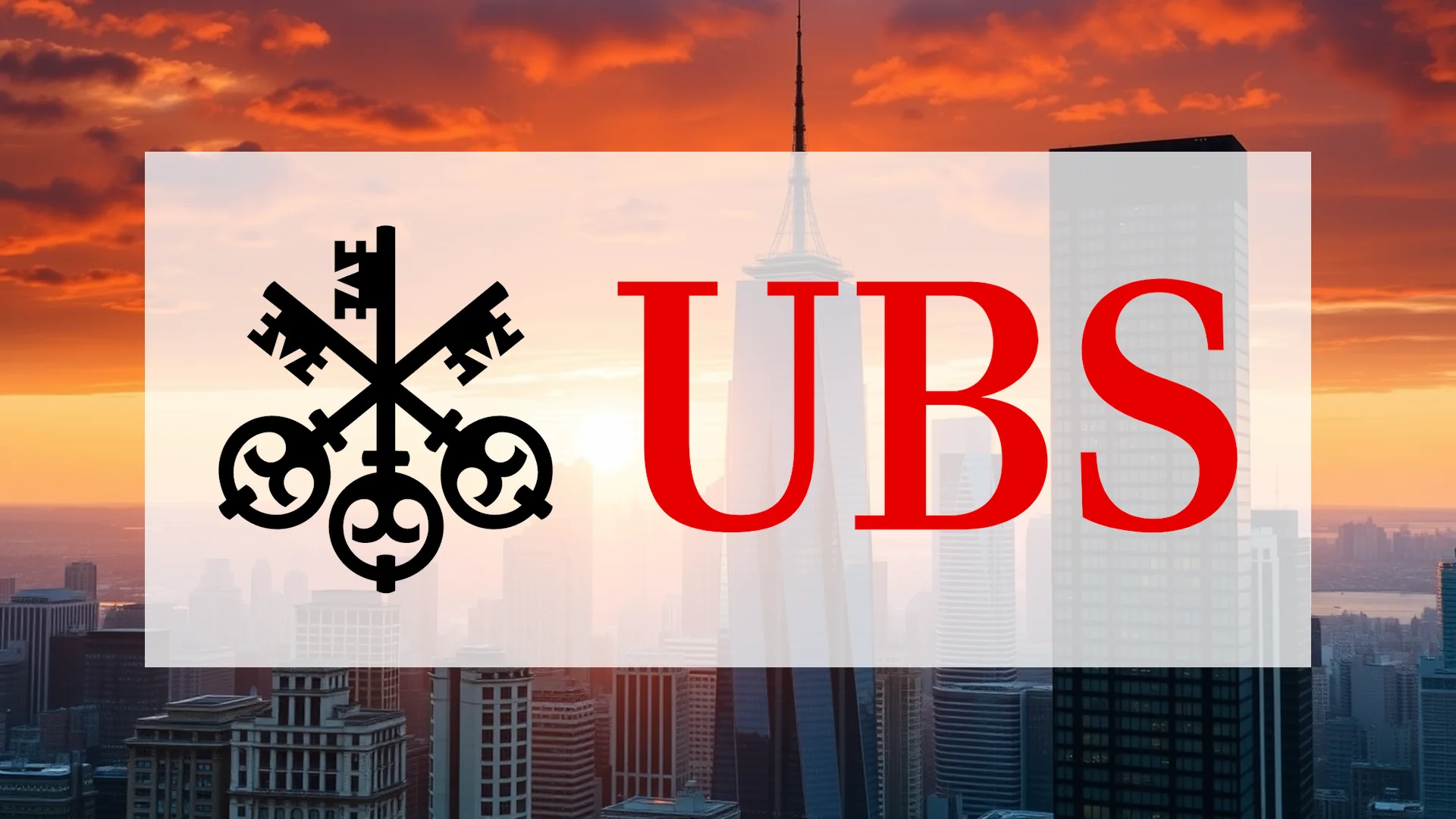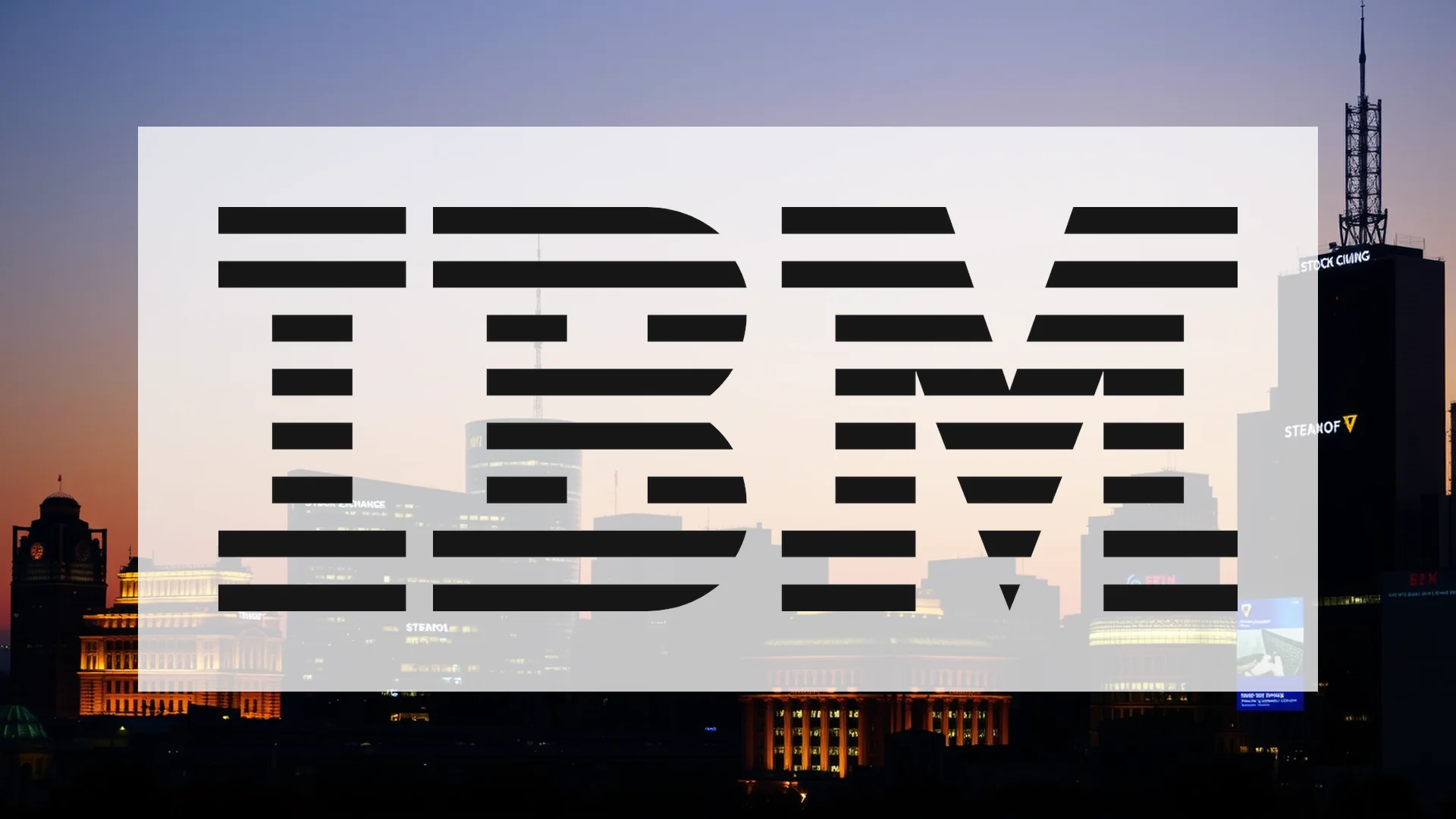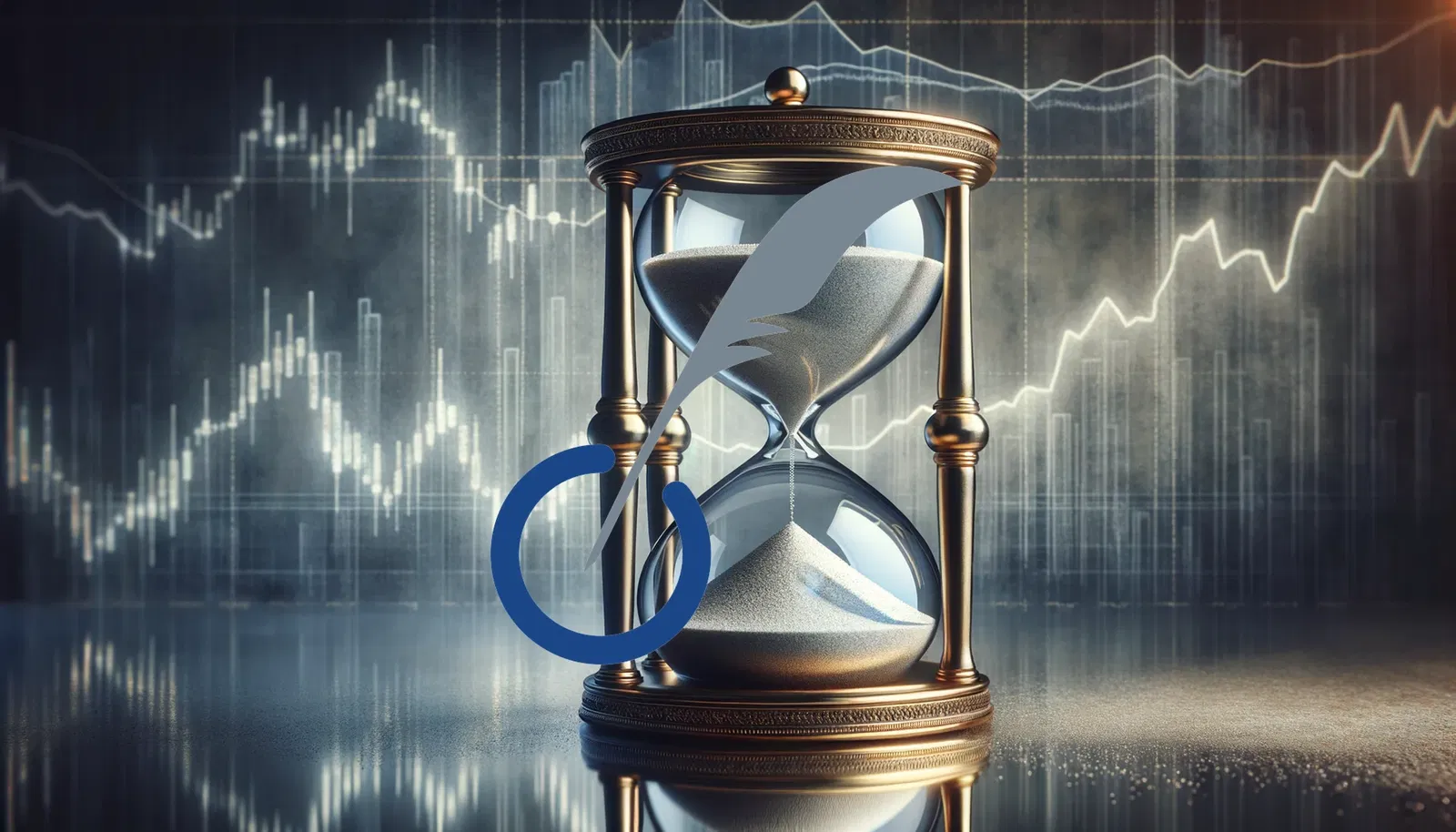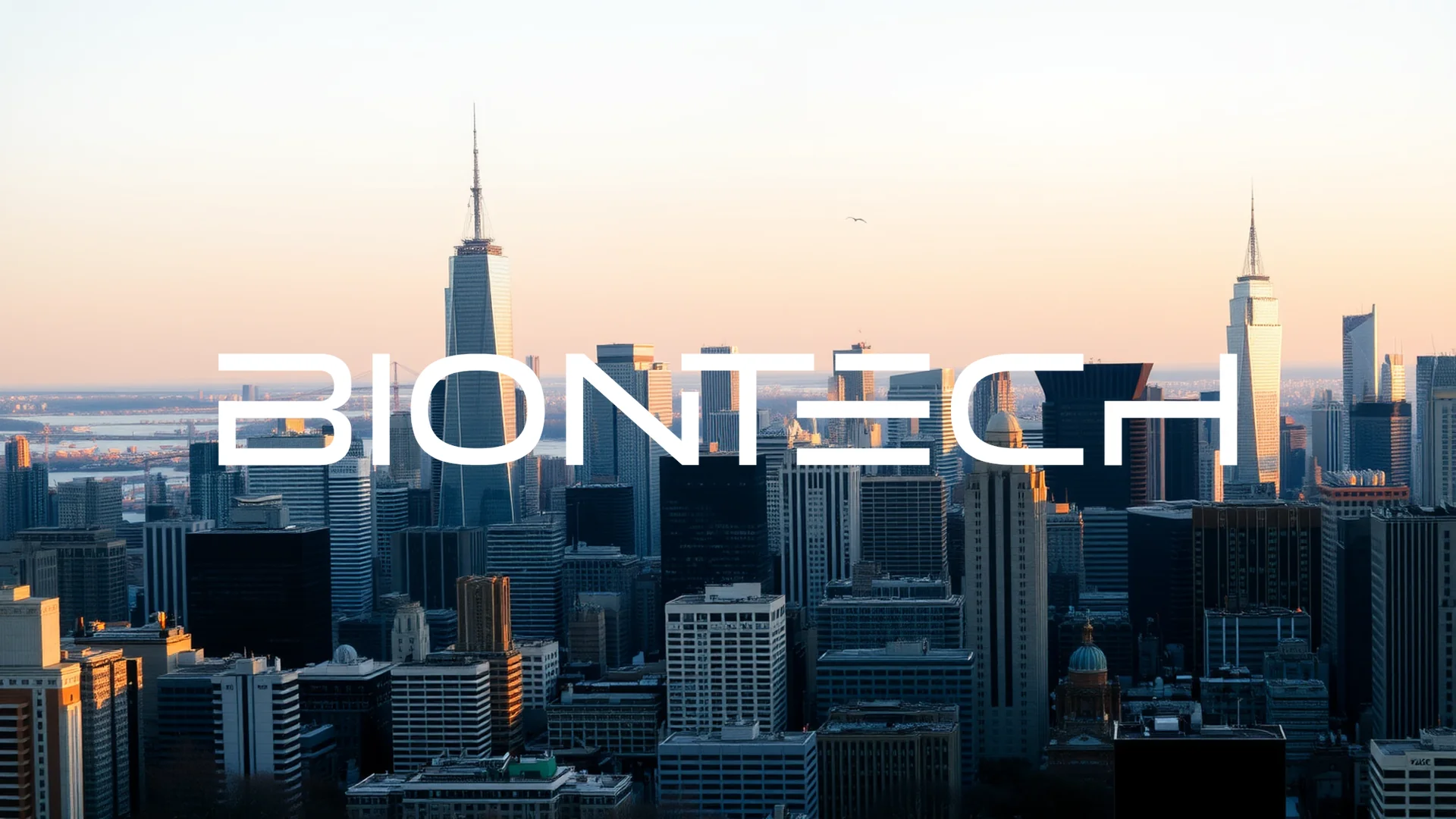The shares of French biotechnology firm Valneva are exhibiting the characteristic volatility that defines the sector, swinging between investor optimism and profit-taking following encouraging data for its Zika vaccine candidate. This pattern raises a fundamental question about the company’s potential for sustained growth versus the risks that accompany developmental-stage biotech investments.
A Surge of Optimism Meets Market Realities
On November 4th, Valneva released positive Phase 1 trial results for VLA1601, its second-generation Zika vaccine candidate. The study, which involved 150 participants, demonstrated several key outcomes:
- A robust immune response, enhanced by a double-adjuvant system
- A favorable safety profile across all tested dosages
- A significantly stronger immunological reaction compared to its first-generation predecessor
This announcement initially propelled the stock upward by 3.23%. However, the rally was short-lived, as the following trading session saw a pullback of 2.71%. This swift transition from euphoria to sell-offs is a typical phenomenon for biotechnology equities, where promising clinical data often triggers immediate profit-taking by investors.
The Persistent Challenge of Funding
Despite the encouraging clinical progress, Valneva faces a significant and unchanged obstacle. The company has explicitly stated that the continued advancement of VLA1601 is contingent upon securing additional financing from both private and public sources.
Should investors sell immediately? Or is it worth buying Valneva?
While the expanding habitat of disease-carrying mosquitoes due to climate change presents a growing market opportunity, this potential cannot be realized without solid financial backing. The long-term prospects of the vaccine candidate ultimately depend on Valneva’s ability to convince investors of its viability, leaving the project’s future uncertain in the absence of committed funding.
Technical Indicators Paint a Mixed Picture
An analysis of the stock’s technical data reveals conflicting signals for traders and investors:
- A remarkably low RSI reading of 18.9 indicates severely oversold conditions
- The share price is currently attempting to find support above its 200-day moving average of €3.40
- An elevated volatility reading of 53% underscores the asset’s high-risk nature
Contrasting these short-term challenges is Valneva’s impressive year-to-date performance, with its shares having climbed over 62%. This substantial gain significantly outpaces the returns of many established French blue-chip stocks.
The central dilemma for investors remains: Is a promising vaccine candidate sufficient to provide sustainable momentum for Valneva’s equity, or will financial uncertainties ultimately dictate the stock’s trajectory?
Ad
Valneva Stock: Buy or Sell?! New Valneva Analysis from February 8 delivers the answer:
The latest Valneva figures speak for themselves: Urgent action needed for Valneva investors. Is it worth buying or should you sell? Find out what to do now in the current free analysis from February 8.
Valneva: Buy or sell? Read more here...

